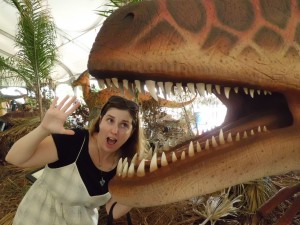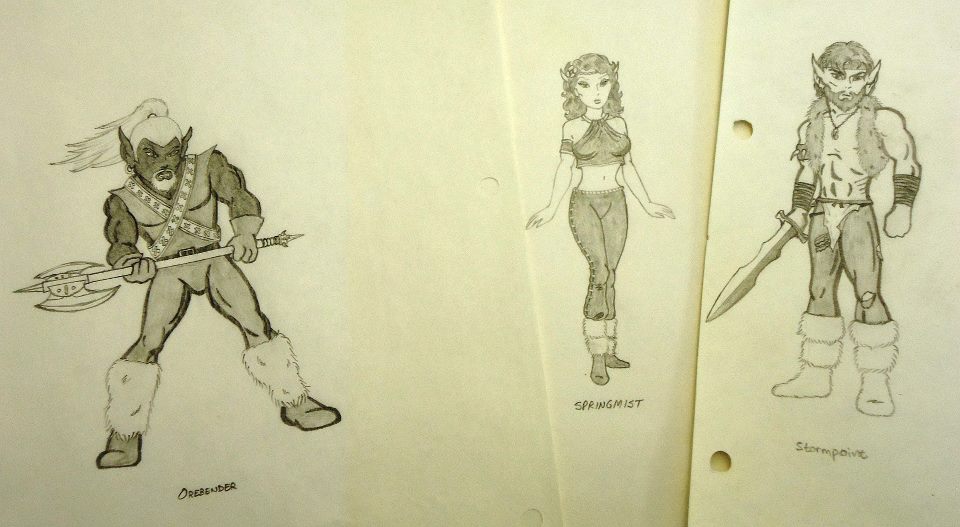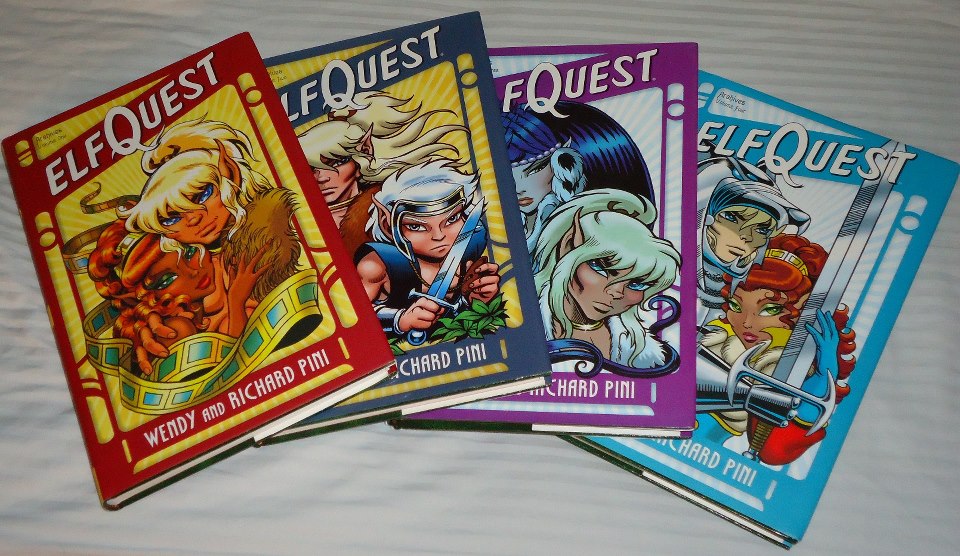A guest post by Megan Grey.
 In retrospect, the signs of my becoming a fantasy/sci-fi writer and proud geek were all there from an early age. The joy I felt Christmas morning when Santa brought my older brother and me Castle Grayskull-the perfect backdrop to any number of adventures with He-Man and She-ra. The summers spent in my friend’s backyard, acting out the rousing adventures of Link from The Legend of Zelda. Perhaps the most damning piece of evidence is the note I found from my late grandmother, which references a story I wrote at the tender age of five and titled “Battle for the Unknown Universe.”
In retrospect, the signs of my becoming a fantasy/sci-fi writer and proud geek were all there from an early age. The joy I felt Christmas morning when Santa brought my older brother and me Castle Grayskull-the perfect backdrop to any number of adventures with He-Man and She-ra. The summers spent in my friend’s backyard, acting out the rousing adventures of Link from The Legend of Zelda. Perhaps the most damning piece of evidence is the note I found from my late grandmother, which references a story I wrote at the tender age of five and titled “Battle for the Unknown Universe.”
Despite these auspicious beginnings, however, I remained mostly uninterested in fantasy or sci-fi through middle school. I was always an avid reader, but my books of choice were standard fare for the time-stories about girls and their horses, or girls and their babysitting clubs
All this changed in seventh grade, when my dad introduced me to a series entitled The Lord of the Rings.
I can hear you already. “Oh, wow. A fantasy writer who was inspired by Lord of the Rings. I’ve never heard that before.” And I get it. Fantasy is a field rife with Middle-Earth wannabes. In some cases, they are great novels all their own, adding their own unique perspective to the genre, and in others, well… not so much.
There’s a reason for all the Tolkien love, and quite simply, it’s because Lord of the Rings is awesome, in the truest sense of the word. But I’m getting ahead of myself.
I soon discovered that my dad didn’t bring home these books for me, the avid reader of the family. No, he bought them for my older brother, a high-schooler who played guitar in a heavy metal band and whose reading, I was fairly certain, consisted primarily of lyrics to Poison songs.
Surely my father was suffering from early-onset senility, thinking that my brother was the better candidate for this intimidating-looking series whose covers promised adventure and magic.
This couldn’t stand. So I, in an effort to show my misguided father who was clearly the smarter sibling, decided I would be the one to read those thick books filled with faintly archaic language and weird little poems first.
I swiped Fellowship of the Ring from my brother’s nightstand and started reading that very day. I admit I didn’t get into it right away. A birthday party for a one-hundred-and-eleven-year-old hobbit didn’t exactly pique my interest at twelve years old. But by the time the Ringwraiths showed up to attack our intrepid band of heroes at Weathertop, I was hooked.
For the first time in my life, I not only enjoyed and was entertained by a series of books, but I lived them. I stood beside Frodo, eyes wide with horror as Gandalf disappeared into the chasm in the mines of Moria. I trod silently through the beautiful and mysterious forest of Lothlorien. I rode on the massive branches of Ents, and triumphed in Saruman’s downfall. I swung my sword beside Eowyn and defeated the Witch-king of Angmar. I begged Frodo to cast the ring into the fires of Mount Doom. I stared solemnly out to sea, watching the ship that bore Frodo, Bilbo, and Gandalf from Middle-Earth disappear into the horizon.
And when I turned the very last page, I wept. I was certain I could never experience something that pure and soul-thrilling again.
Fortunately, though, I discovered that the bookstores had a whole section of fantasy books, full of worlds in which I could surround myself with wonder and magic. Worlds where I could discover who I really was, by living the lives of characters I wasn’t. I devoured every fantasy book I could get my hands on-books by great authors such as Margaret Weis and Tracy Hickman, David Eddings, Guy Gavriel Kay, Raymond E. Feist, Robert Jordan, and many more. Slowly but surely, I made my way across the speculative fiction aisle to discover the joys of sci-fi as well, beginning with Orson Scott Card’s excellent Ender’s Game.
What began as a healthy dose of sibling rivalry become an important part of who I am-not only a reader of speculative fiction, but a writer whose books will hopefully provide worlds that readers want to live in and characters they yearn to sorrow and triumph alongside.
Thanks, Dad, for bringing The Lord of the Rings into my life. And thanks to my big brother, for providing me the competitive push I needed to read it.
For the record, my brother is now a well-respected university professor with two master’s degrees and a PhD, so it turns out he was the smarter sibling, after all.
But I totally finished Lord of the Rings first.
* * *
Megan Grey currently lives in Calgary, Alberta with her husband, two kids, and two yappy dogs. Her story “To Be Remembered” won the Editor’s Pick Grand Prize in a fiction contest for the Animism: The God’s Lake animated TV series and will be featured in an upcoming anthology. She has received two honorable mentions and a semi-finalist award for short stories in the Writers of the Future contest.





